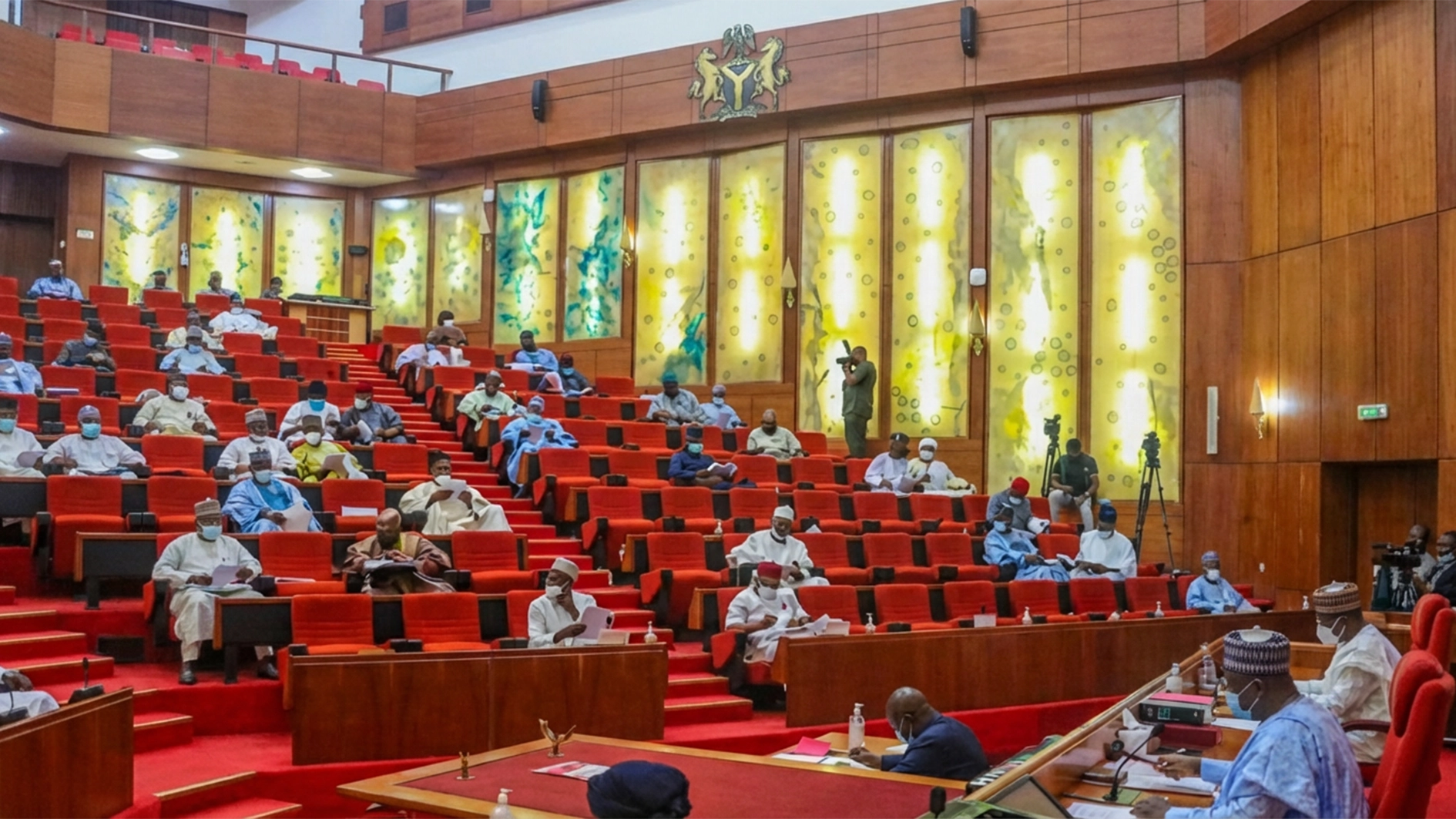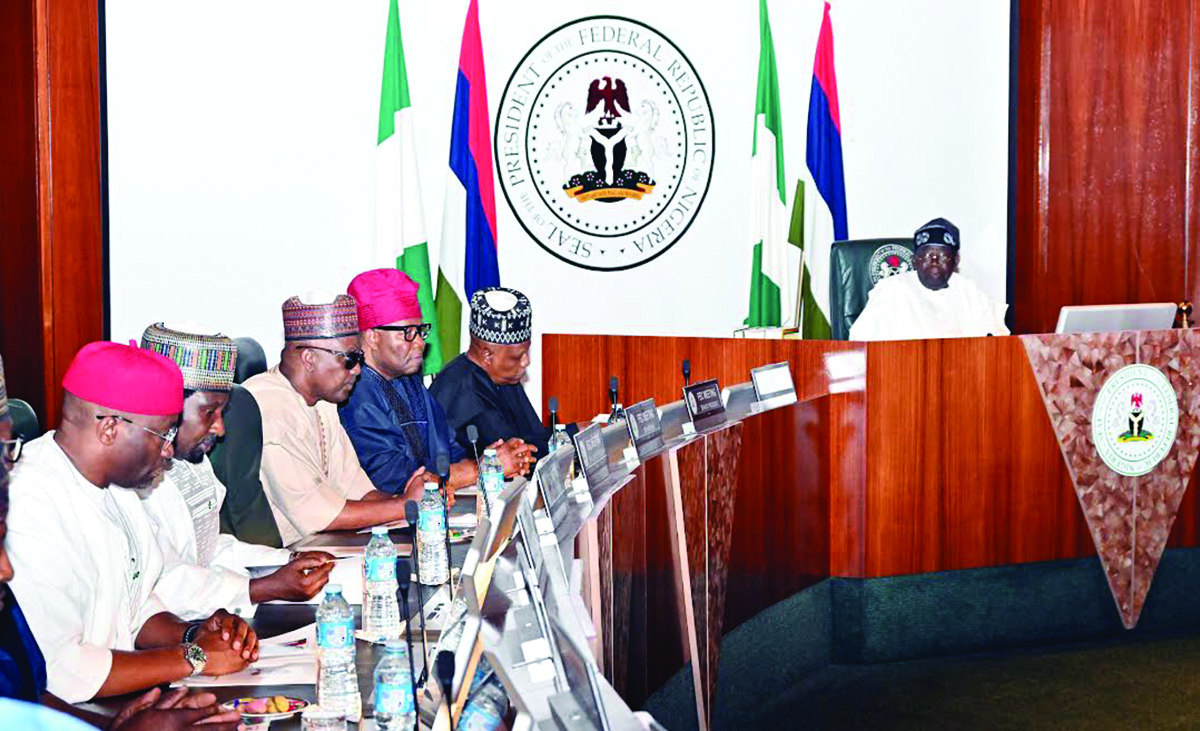[dailymotion code=”k6ddPynZtLgspfw8kFT” autoplay=”yes”]
• Experts knock FG, NCDC over criminalisation of private care
Many private hospitals now insist on a coronavirus disease (COVID-19) certificate before attending to sick patients, a situation that has inadvertently led to many non-COVID-19 deaths.
The Guardian investigation revealed that some patients, as a result, can no longer visit the hospital, while some hospitals are even turning back persons with medical conditions they had already been managing.
Since one of the largest private hospitals in Lagos was shut down on account of exposure to COVID-19 in April, many private hospitals have closed their doors to the admission of patients.
Unfortunately, patients with congestive heart failure, renal impairment, asthmatic attacks and other medical emergencies must have immediate care or give up the ghost.
A prominent Nigerian with a history of hypertensive heart failure died recently because all the hospitals he was taken to during a crisis rejected him. At the morgue, the corpse was described as a COVI-19 case. The authorities forced the family to hurriedly bury the corpse while his kin was quarantined.
Also, hospitals that admit or treat patients that later test positive to COVID-19 may be shut down and stigmatised as ‘COVID-19 hospitals’.
The Guardian found that Nigerians are losing confidence in the health care system as more people resort to alternative care, especially herbal medicine and traditional birth attendants, often with grave complications and fatalities.
The situation has, consequently, generated debates within the medical community, with experts noting that misdiagnosis from improper care because of COVID-19 stigma or phobia is causing lots of avoidable deaths.
They blamed the Federal Government, the Nigeria Centre for Disease Control (NCDC) and state governments for criminalising of the treatment of COVID-19 patients outside isolation centres.
Their recommendations included the creation of emergency centres for COVID-19 related illnesses in government hospitals; a comprehensive preparedness checklist for coronavirus disease in hospitals; and accreditation and capacitation of more qualified private healthcare facilities as COVID-19 management centres.
They noted that with the provision of Personal Protective Equipment (PPE) and financing, private healthcare providers can offer service to all patients and identify those with COVID-19 for a referral to special treatment centres.
A consultant paediatric surgeon and Chief Medical Director (CMD) of Lagos University Teaching Hospital (LUTH) Idi-Araba, Prof. Chris Bode told The Guardian: “We lost a prominent relation in March. He was a cardiac patient who suffered a stroke and was referred to a teaching hospital in a nearby state. The teaching hospital did not open their gates, asking for a COVID-19 test result before they would attend to him. He was taken to a second teaching hospital a hundred kilometres from the first but was similarly rejected at 11:00 p.m. He died on the way to a third hospital after midnight. This was a father, husband, brother, and community leader. A human being!”
Bode said a number of related deaths could have been avoided if health institutions, private and public, had embraced elaborate, widespread training for their workers early enough.
An epidemiologist and Director General of NCDC, Dr. Chikwe Ihekweazu, said: “While we have to make difficult decisions to balance the demands of responding directly to the COVID-19 pandemic with the need to maintain the delivery of other essential health services, hospitals should not demand COVID-19 status before treating patients for other health conditions. Instead, hospitals should establish a process to screen for COVID-19 such as temperature checks and history taking. If an individual is suspected to have COVID-19, the hospital should have a referral pathway that does not prevent the individual from accessing care for other conditions.”
He said refusing to provide life-saving care to patients could influence their health-seeking behaviour, leading them to self-medication or a search for help in non-accredited facilities.
“We must also recognise that there are patients with terminal illnesses that require regular care in hospitals such as dialysis for those with chronic kidney disease. Denying these patients care can worsen their health conditions and reduce their life expectancy.”
Ihekweazu said hospitals that provide care to patients with terminal illnesses such as Human Immuno-deficiency Virus (HIV) should reduce routine consultations and distribute essential drugs to patients for longer periods. “This way, we can reduce the number of people going to hospitals,” he said.
President, Pharmaceutical Society Nigeria (PSN), Mazi Sam Ohuabunwa, maintained it is against medical and pharmaceutical oaths and ethics to turn patients away for whatever reason.
“It sounds counterintuitive and silly. Where are COVID patients supposed to go except to hospitals and healthcare institutions? So, for me, it is simply idiotic to ask for any certification on the COVID status of any patient before treating or admitting them into a health facility.”
He added: “Some people say that this new development which is ‘uniquely’ Nigerian may be a sign of a collapsing health system. But I disagree, because pre-COVID, one cannot say we had a resilient health system. For me, it is a conditioned response precipitated by NCDC and the Federal Government.
“They criminalised the treatment of COVID-19 patients outside the isolation centres. They wanted to ‘own’ exclusively the management of the COVID-19 pandemic. This, to my mind, is the foundation of turning away patients or demanding certificates because you never could tell who has COVID-19, and nobody wants the shame of having his hospital or healthcare outfit shut as it happened with some notable private hospitals.
“Secondly all the PPEs and other protective equipment were sent primarily to isolation centres and some tertiary government hospitals, largely shutting out the private hospitals and primary health centres.”
A consultant physician and medical director of Medical Art Centre (MART) Maryland Ikeja, Lagos, Prof. Oladapo Ashiru, however, said: “It is difficult to decide. Individual clinics must decide what is best for them. The fact is, even if a patient is negative, he or she may be at the infective stage when the disease is asymptomatic. The best advice is for doctors to manage all patients with a protective protocol.”
To reverse the situation, Director General of Nigerian Institute of Medical Research (NIMR), Dr. Babatunde Salako, recommended: “Emergency centres should be created for COVID-19 related illnesses in government hospitals, to take care of those mild cases that are at home but who may develop progression of the disease.
“Hospitals should not reject patients. Rather, they should create award for triage of patients while waiting for COVID-19 test results. Of course, they need PPEs for this. And since private hospitals charge money, they should not have problems with that. Government hospitals, however, have no right to reject patients. But the government needs to provide PPEs, which I am aware the government is doing.”
National Chairman, Association of Hospital and Administrative Pharmacists of Nigeria (AHAPN), Dr. Kingsley Chiedu Amibor, said: “I cannot think of any tertiary health institution that would deliberately discriminate against patients on account of their suspected COVID-19 status. Such may be happening in private hospitals that may be handicapped by lack of capacity and personal protective equipment to attend to patients in a pandemic.”
Charles Wambebe, Professor of Pharmacology and the pioneer Director-General/Chief Executive Officer of the National Institute for Pharmaceutical Research and Development (NIPRD), Abuja, said: “I do not know the national standard of care during this pandemic regarding requirements for COVID-19 status before treatment. If the national standard of care makes such a provision, then the hospitals are right.
“The second point is that the hospitals are trying to protect themselves and their patients from COVID-19 infection. I am aware of many doctors and nurses in Nigeria who had been infected and died. Another issue is the status of the hospitals regarding PPEs. Thus, one cannot blame the hospitals.”
He added: “Unfortunately many people are dying from other diseases because of the low health infrastructure and human capacity.”
A pathologist with the National Hospital, Abuja and Chairman, Nigerian Medical Association (NMA) National Committee on Cancers, Dr. Henry Ewunonu, told The Guardian: “The front office staff, Accident and Emergency (A&E), general out-patient departments, even medical records units need to be alive and safe too. Before the pandemic, they were not asking for such. Today, they do. They are doing so because of many reasons such as genuine fear of contracting COVID-19 in the absence of inadequate PPEs.
“Inadequate PPEs is one of the reasons the National Association of Resident Doctors (NARD) embarked on a strike. It is also noteworthy that Paragraph 11 of the revised Physicians Pledge 2017 says, ‘I will attend to my own health, well-being, and abilities in order to provide care of the highest standard’. That is where we are now; it is a healthy healthcare professional that can attend other sick persons.”
Also, Chief Executive Officer (CEO) of Innovative Biotech, Keffi, Nasarawa State, and Innovative Biotech, United States of America (USA), Dr. Simon Agwale, said: “First of all, you have to look at existing protocol because private hospitals are not allowed to treat COVID-19 patients. This will greatly affect emergency services because patients will have to wait for COVID-19 results before they go for treatment.
“I think what the government should do is develop a protocol for private hospitals so that COVID-19 patients would not be discriminated. Without this, patients will be pushed to the wall to resort to self-meditation at home, which has the potential of endangering their entire households.”






